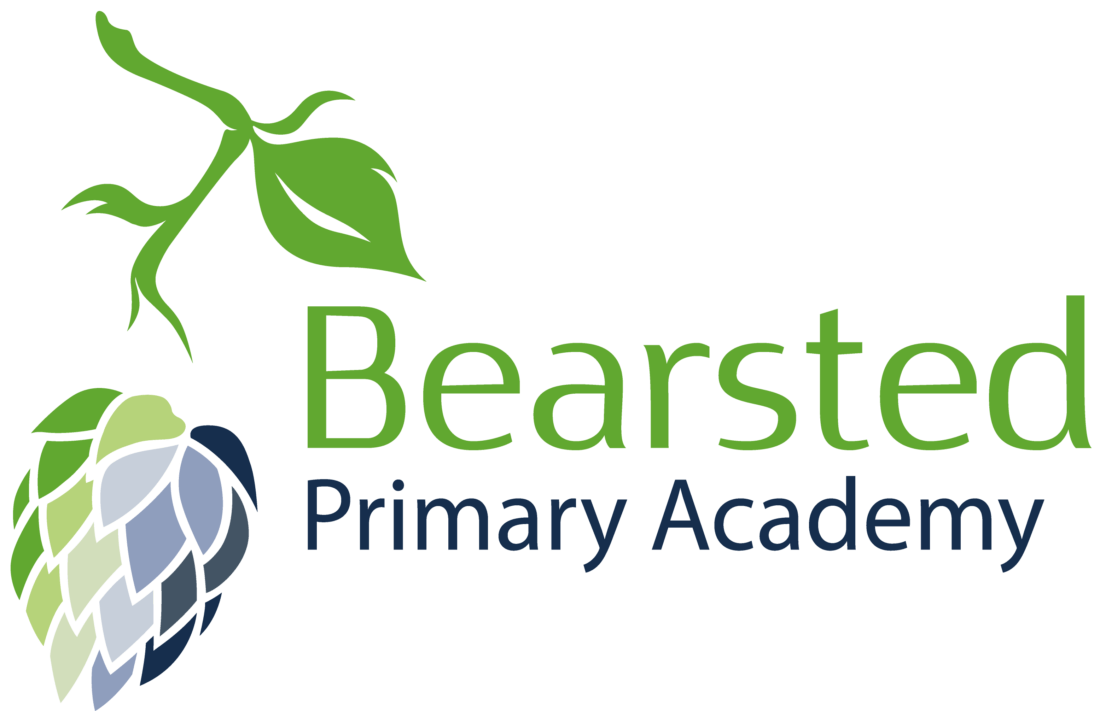Teaching (for example, CPD, recruitment and retention)
Budgeted cost: £400
CPD for teaching staff to better understand the developmental needs of these pupils and appropriate interventions and strategies to support them to be successful.
Evidence that supports this approach
The learning and teaching delivered to pupils directly influences and impacts upon the outcomes of pupils to be successful in line with their peers.
Challenge number(s) addressed
1, 2 and 3


